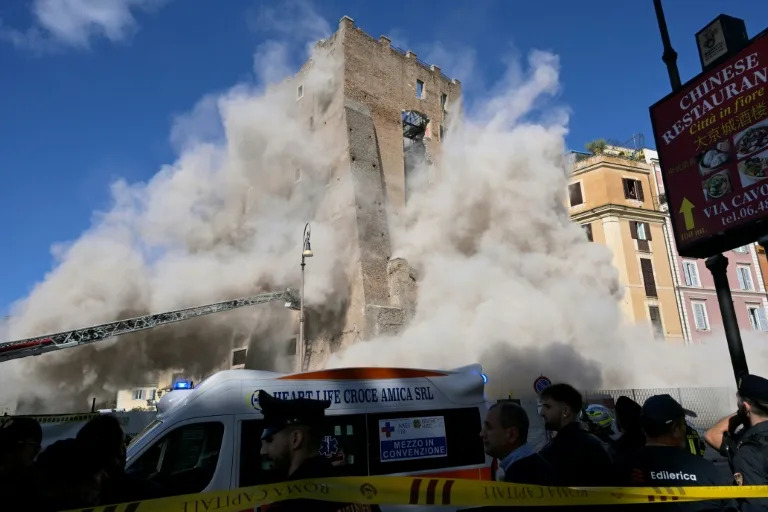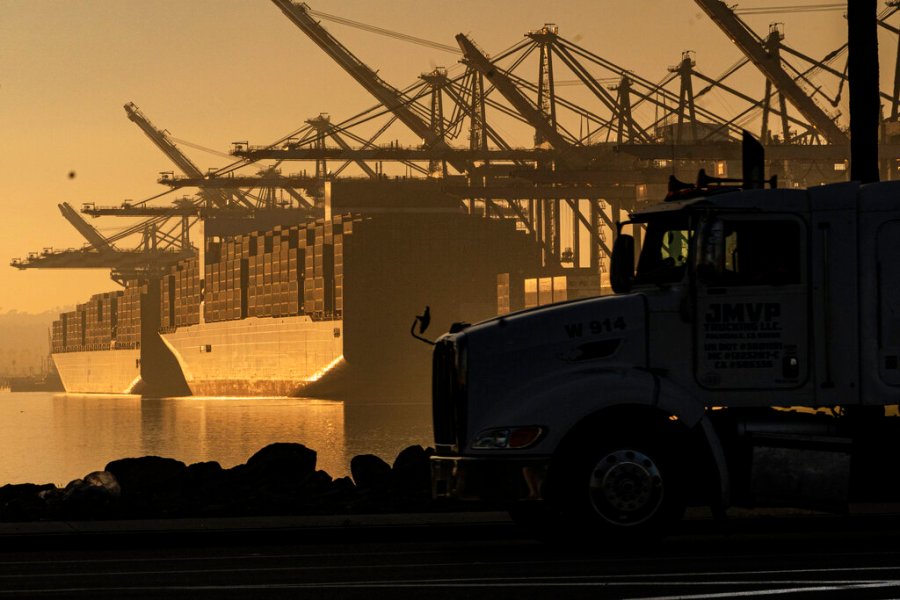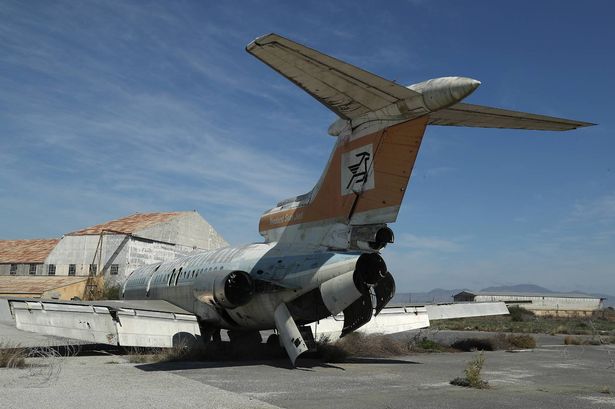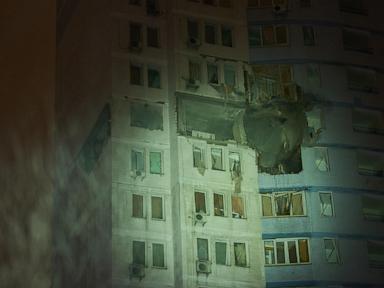The tragic collapse of the Torre dei Conti in Rome has drawn international attention, but for many in Italy, it underscores a persistent issue of workplace safety. On March 4, 2025, a partial collapse of the medieval tower resulted in the death of Octav Stroici, a 66-year-old Romanian worker, who succumbed to injuries after being trapped under the rubble for several hours. The incident occurred during renovation work funded by the European Union, highlighting concerns about safety practices in construction.
Natale Di Cola, secretary general of the CGIL union in Rome, expressed deep sorrow and frustration, stating, “Today is a day of pain and anger.” The CGIL organized a torchlight procession to honor Stroici, reflecting the grief shared by many workers in the industry. An investigation into the collapse is currently underway, with reports indicating that some workers had raised concerns about the safety of the site.
In 2025 alone, approximately 575 fatalities have been reported due to workplace accidents in Italy, according to Inail, the national agency responsible for workplace safety. Construction and manufacturing are among the sectors most affected by these incidents. While the accident rate is only slightly above the European Union average, the frequency of tragic events serves as a stark reminder of the ongoing challenges in workplace safety.
Government Response and Legislative Changes
The same day as the tower collapse, four additional workplace accidents were reported across Italy. These included a 31-year-old worker who died in a quarry accident in Brescia and a construction worker near Naples who passed away nearly two months after an earlier incident.
In response to the growing crisis, the Italian government, led by Prime Minister Giorgia Meloni, recently introduced new legislation aimed at improving workplace safety standards. The law, which followed extensive discussions with trade unions, includes measures such as a nationwide electronic badge for workers on construction sites and enhanced inspection protocols. While the UIL union has labeled these measures as a positive step, they also caution that “there is still much to be done.”
Francesca Re David, confederal secretary of CGIL, criticized the new regulations as “extremely limited,” arguing that they fail to adequately address urgent safety concerns within the industry. The unions are calling for more robust actions from institutions to protect workers and prevent future tragedies.
Workers’ Experiences and Industry Challenges
The harrowing experience of Antonino Ferrara, a 29-year-old factory worker, illustrates the dangers faced by many in the Italian workforce. Ferrara suffered a serious injury when his arm was caught in an aluminium melting press in 2022. He described the moment he was injured as a time when “my world collapsed.” Ferrara noted that he had not received proper training and was not equipped with appropriate protective gear.
According to Fabrizio Potetti, regional secretary of CGIL in Lazio, the lack of safety standards among subcontractors presents a significant challenge. He pointed out that while larger companies often maintain lower accident rates, smaller subcontracting firms frequently compromise on safety measures. “Subcontractors save on labor costs, safety, and training,” Potetti stated, emphasizing the need for stricter regulations.
The UIL union echoed these concerns, asserting that more attention must be given to improving training quality and addressing the issue of undeclared work. UIL confederal secretary Ivana Veronese emphasized the necessity of striving for “zero” workplace fatalities, stating, “The lives of workers must be respected and protected.”
As Italy grapples with these ongoing challenges, the tragic collapse of the Torre dei Conti serves as a poignant reminder of the urgent need for comprehensive reforms in workplace safety. The collective outcry from trade unions and the public signals a desire for change, ensuring that the lives of workers are not sacrificed in the name of progress.







